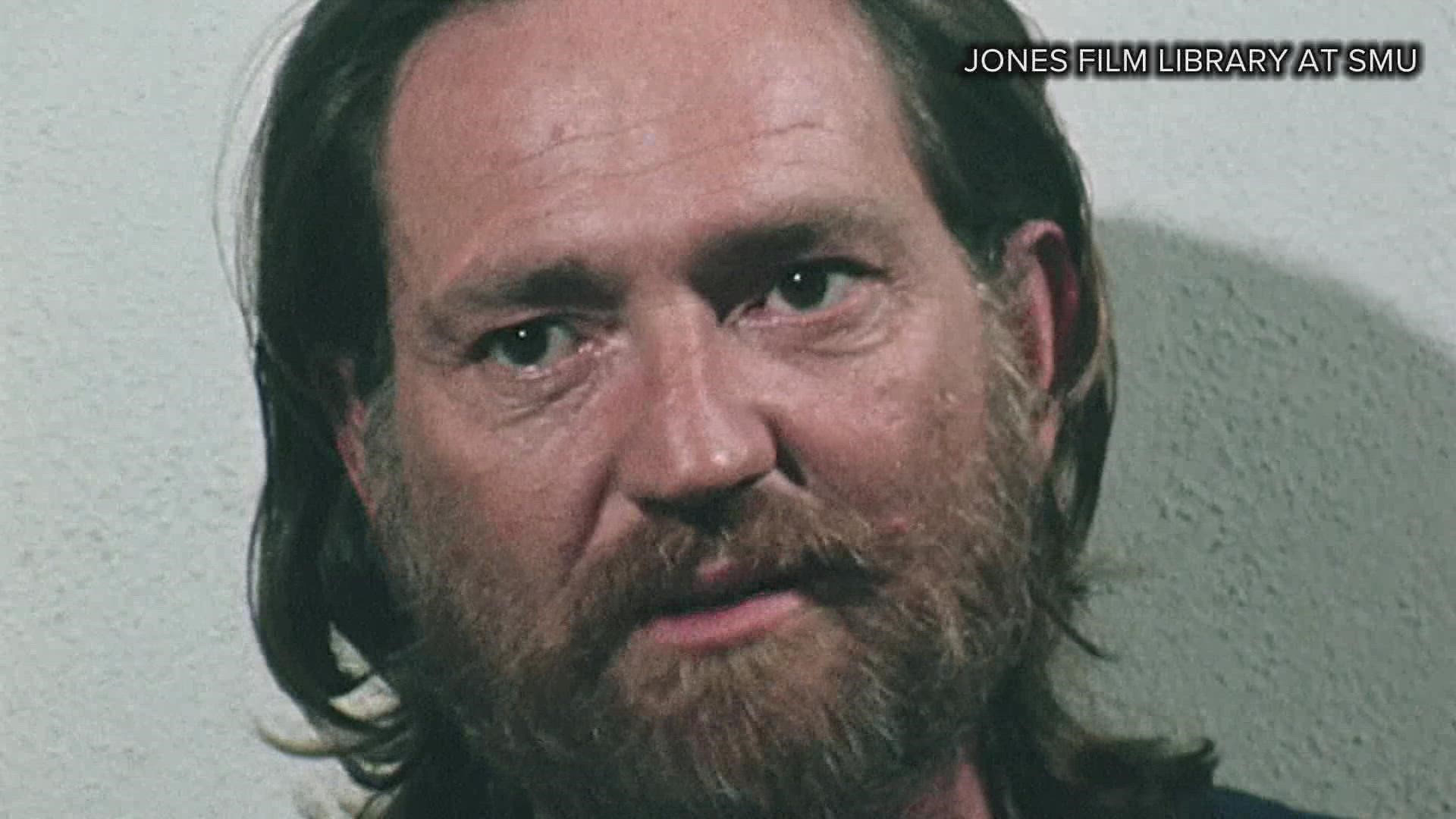DALLAS — During his 33 years playing country hits at KSCS 96.3, Mark "Hawkeye" Louis said one complaint has remained constant.
“We get complaints from people saying we are not playing country music," Hawkeye said.
It is a timeless gripe regardless of the era in a genre with deep pride and passion about what represents country and western culture. Yet the definition, sound and artists that fit the description constantly seem to change.
“When Garth Brooks first came out, people complained he sounded like rock and was doing rock shows,” Hawkeye said. “Now nobody would say Garth Brooks is not country music.”
In fact, one of the greatest country music revolutions occurred in the state of Texas during the 1970s. Nashville had taken on a “countrypolitan” sound leaving now legendary country artists like Willie Nelson and Waylon Jennings to take their unique brand of music to an audience more willing to accept it.
Several 1970s WFAA stories archived at the SMU Jones Film Library chronicled the shift in the genre as Nelson and others brought a blend of country and rock n’ roll that would be labeled “progressive country” to the Austin music scene.
“I think the university has a lot to do with it. The young people are here and they are liberal minded,” Nelson said in a 1974 interview with WFAA. “People can be themselves and not be uptight about anything.”
Dallas native Ray Wylie Hubbard was among the artist who helped bring, as one reporter said it, “rednecks and city slickers” together with the music which eventually caught the ear of Nashville record executives.
Ultimately, progressive country became so popular and accepted, artists like Willie Nelson are now considered the traditional sound of country.
So then what exactly is country music?
“I would say ultimately it is the fans who decide, they are the ones that buy the music and go to the concerts,” said Hawkeye, who added the genre is cyclical with a shift towards a “pop” sound before a slew of traditional artists pull it back in the other direction.

